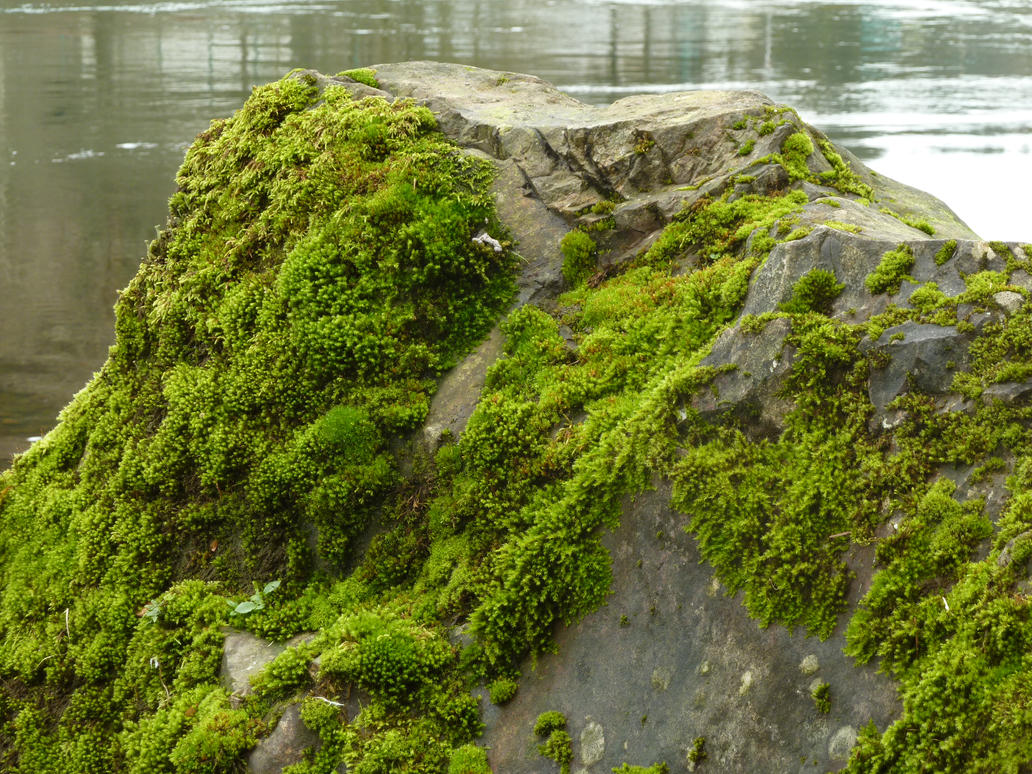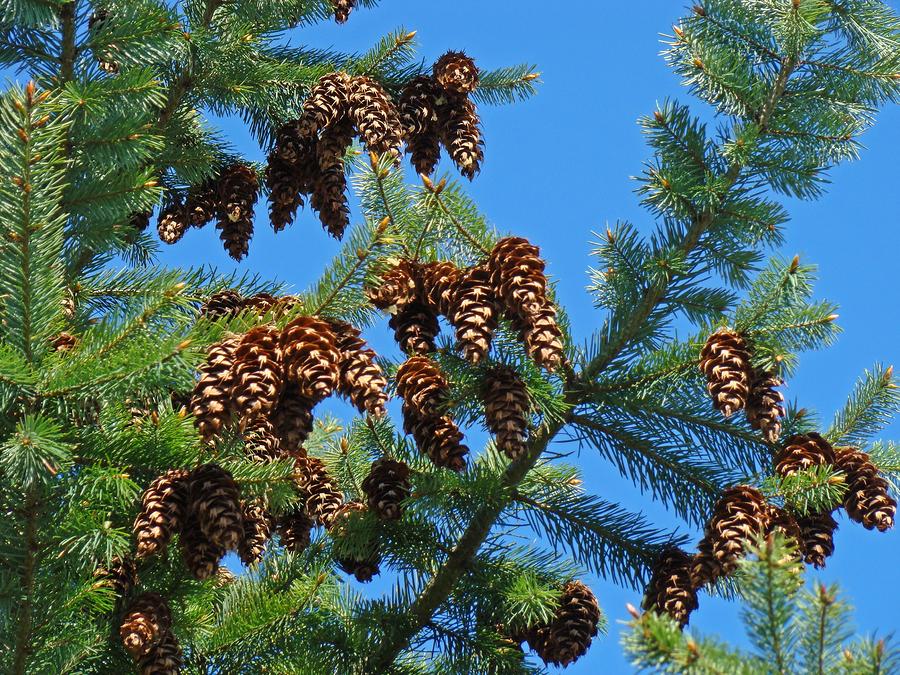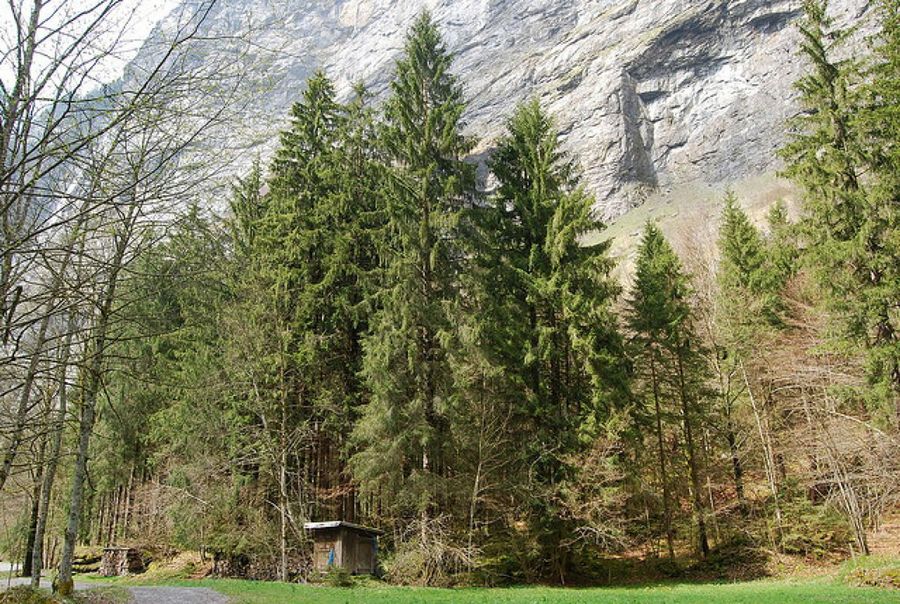Plant kingdom
Plants are multicellular organisms with eukaryotic cells. Unlike animals, plants cannot move. Their cells have a cell wall and chloroplasts, which contain a green pigment called chlorophyll, which is involved in photosynthesis.
As all living things, plants carry out the three basic life processes:
- Nutrition: plants can make their own food through a process called photosynthesis, in which plants use the light from the Sun.
- Interaction: plants cannot move but they interact with the world around them by growing towards light and water and by opening and closing their leaves and petals.
- Reproduction: some plants reproduce by spores and others reproduce by seeds.
Watch this video to learn more about Nutrition in plants: the process of Photosynthesis
According to the way they reproduce, we can classify plants into Non-seed plants (mosses and ferns) and seed plants (gymnosperms and angiosperms)
1. Non-seed plants: they reproduce by producing cells called spores that grow into a new plant.
 |
| Mosses |
 |
| Ferns |
A) Gymnosperms: they do not produce flowers or fruits, the seeds are grouped in cones.



Seeds in flower and fruit. Parts of a flower
Here you have a video to understand the differences between gymnosperms and angiosperms better






No comments:
Post a Comment
Deja tus comentarios aquí:)